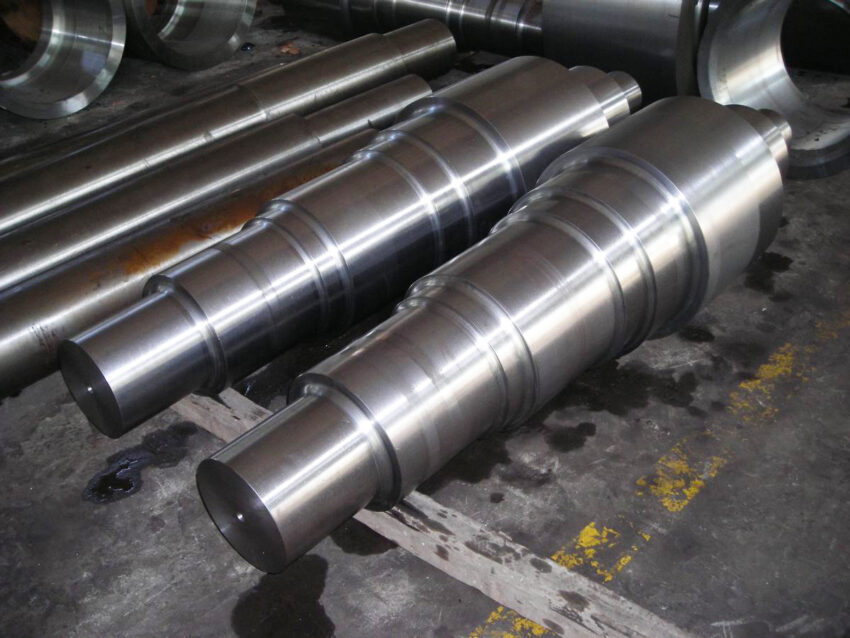Forged components play a critical role in shipbuilding, ensuring durability, safety, and efficiency in harsh maritime environments. Open die forgings and seamless rolled rings provide strength and corrosion resistance essential for key ship parts like engine components, turbine shafts, rudder stocks, and propeller shafts.
To maximize performance, it is essential to tailor each forged part for its specific end use. This involves selecting the right alloy, optimizing mechanical properties, and ensuring compliance with industry standards such as ASTM, AMS, AISI, or API. Failure to consider end use can lead to component failure, jeopardizing ships, cargo, and crews.
Manufacturers must integrate end-use considerations from the engineering phase through production. This means selecting the right metal grade—ranging from carbon and alloy steels to stainless and nickel alloys—and applying precise heat treatments and machining techniques. For example, high-nickel alloys like Inconel 718 offer exceptional heat resistance, while stainless steels such as 316L provide superior corrosion protection.
Shipbuilders can benefit from working with expert forging suppliers who ensure quality from material selection to final machining. Companies like All Metals & Forge Group emphasize end use from the initial request for a quote, collaborating with steel mills and testing parts at multiple stages to guarantee strength, durability, and compliance.
By prioritizing end-use needs, shipbuilders can enhance vessel longevity, reliability, and safety while reducing maintenance costs and operational risks.
For more information, contact All Metals & Forge Group, LLC: toll-free (800) 600-9290; or visit http://www.steelforge.com.

